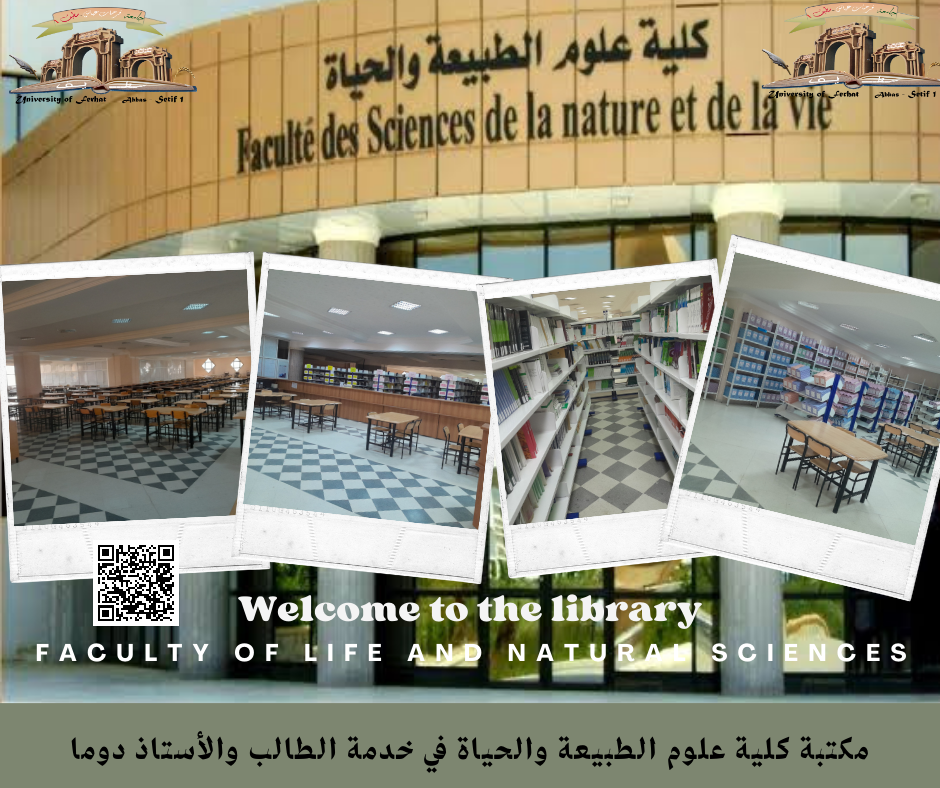Catalogue de la bibliothÃĻque de SNV
A partir de cette page vous pouvez :
| Retourner au premier ÃĐcran avec les catÃĐgories... | Votre compte | Aide |

| Titre : | Urban biodiversity and equity : Justice-centered conservation in cities |
| Auteurs : | Max R. Lambert, Auteur ; Christopher J. Schell |
| Type de document : | texte imprimÃĐ |
| Editeur : | [S.l.] : Oxford university press, 2023 |
| ISBN/ISSN/EAN : | 978-0-19-887727-1 |
| Format : | 1 vol. (290 p.) / ill.en coul. / 26 cm |
| Index. dÃĐcimale : | 577.5 ( Ãcologie de divers milieux (ÃĐcologie des hautes terres)) |
| CatÃĐgories : |
Ecologie et Environnement - MÃĐtÃĐorologie - ClÃĐmat - BiodiversitÃĐ |
| Mots-clÃĐs: | BiodiversitÃĐ urbaine ; Ecologie et Environnement ; villes |
| RÃĐsumÃĐ : |
Urbanization is simultaneously one of the most creative and destructive processes our planet has ever experienced. Developing rural areas into cities and suburbs results in dramatic habitat transformation, leading to significant biodiversity loss and modification. Yet, urban areas also have tremendous conservation value. Biodiversity is in crisis and, rather than considering urbanization solely as a threat, there is an urgent need to transform urbanization into a tool for conservation. We move beyond a basic scientific understanding of urban ecosystems to detail how scientists, decision makers, and practitioners develop solutions to effectively manage urban biodiversity. Such efforts necessitate unravelling the complex components that bolster or constrain biodiversity including human-wildlife interactions, resource availability, novel species relationships, and environmental heterogeneity. However, key to an understanding of these processes is also recognizing the tremendous social variation within urban areas. The diversity of urban human communities fundamentally shapes how society designs, builds, and manages urban landscapes. This means that urban environmental management unavoidably must account for human social variation. Unfortunately, urban systems have a history and continued legacy of social inequality (e.g., systemic racism and classism) that govern how cities are both built and managed. This work not only highlights these connections, but also illustrates the interdisciplinary approaches needed for advancing a justice-centered approach to conservating biodiversity. Urban conservation is an imperative for reaching our regional and global conservation goals. Equity and justice are central to successful urban conservation and, by extension, conservation more broadly |
| Note de contenu : |
Sommaire: -1- Urban Nature's Social Fabric -2- Innovative Approaches for Understanding and Prioritizing Equitable Urban Conservation -3- Emergent Urban Planning and Management Frameworks for Addressing Societal and Conservation Goals |
Exemplaires
| Code-barres | Cote | Support | Localisation | Section | DisponibilitÃĐ |
|---|---|---|---|---|---|
| FB/15978 | SNV8/1888 | Livre | Bibliothèque SNV | Englais | Disponible |
| FB/15979 | SNV8/1888 | Livre | Bibliothèque SNV | Englais | Disponible |
Documents numÃĐriques
Urban biodiversity and equity : Justice-centered conservation in cities URL |

